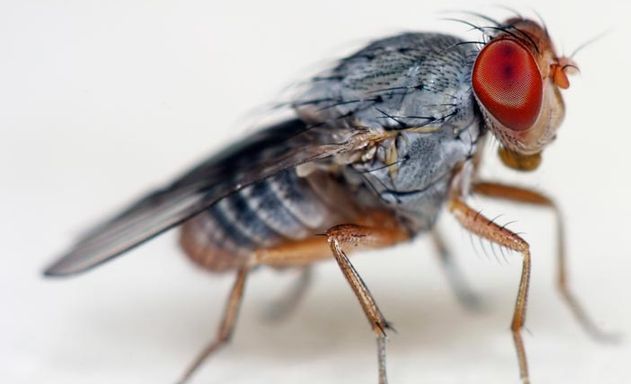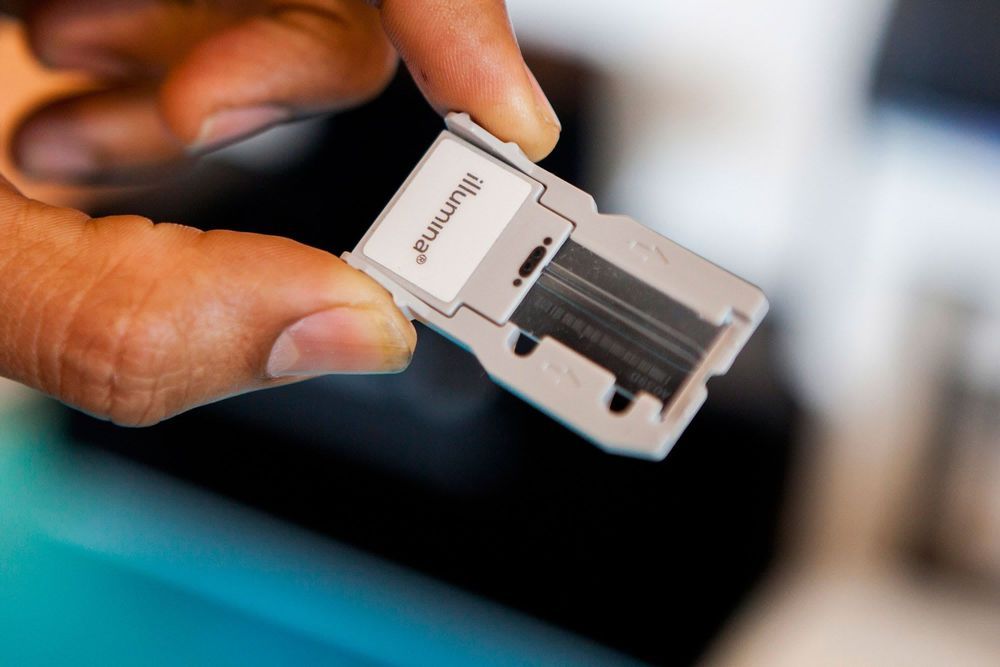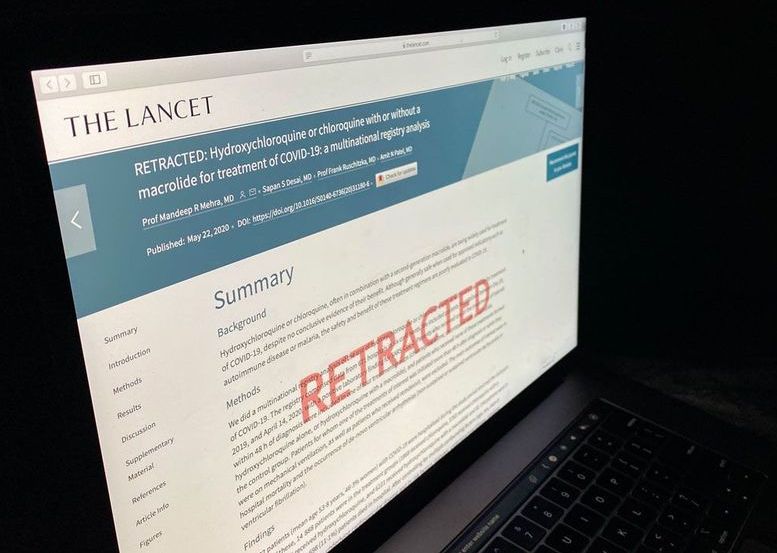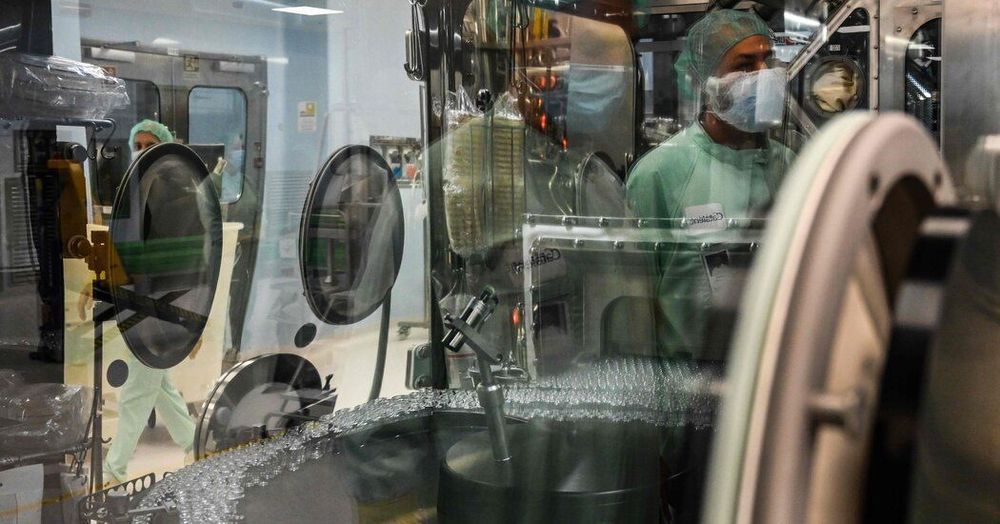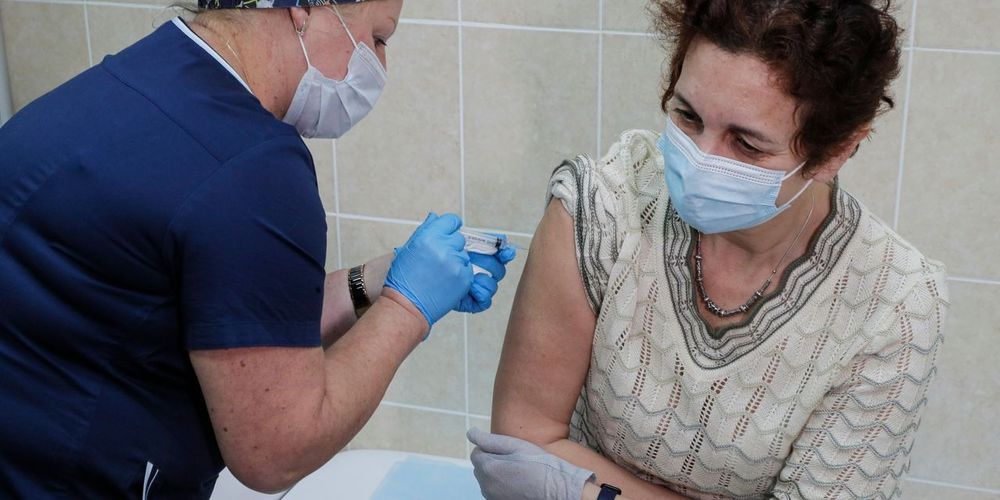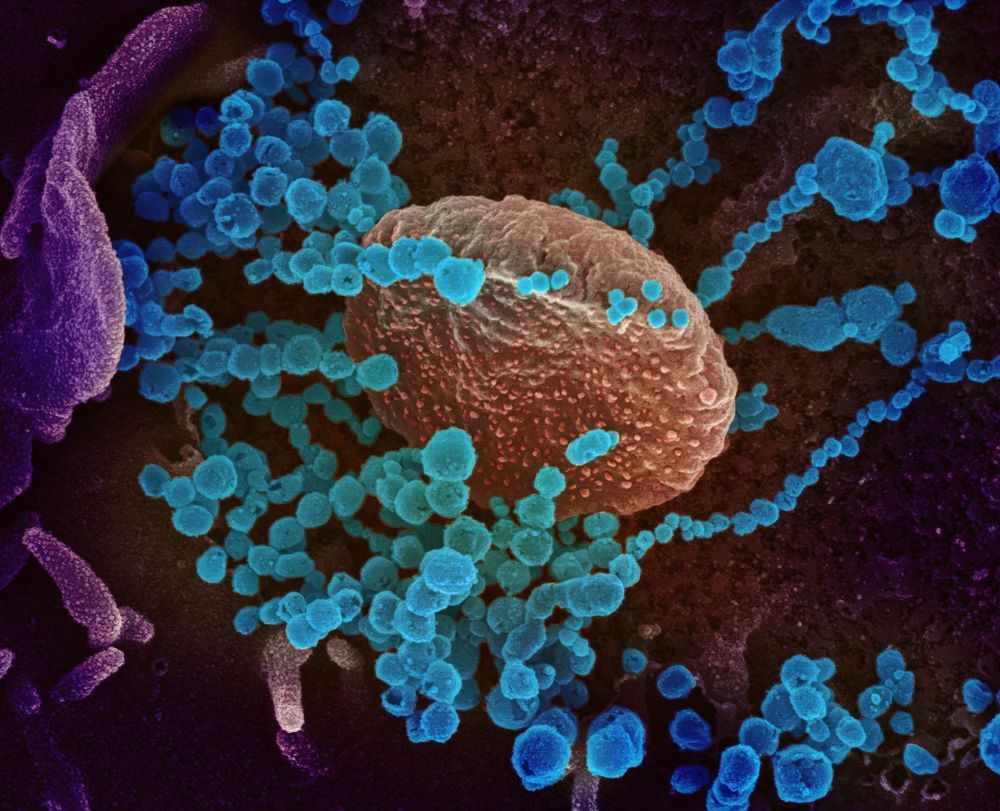Using superconductors, scientists can levitate small creatures such as fruit flies for long periods of time.
Scientists who want to study the effects of weightlessness have always had precious few options. There’s the “vomit comet,” NASA’s Weightless Wonder plane that creates a few seconds of weightlessness during parabolic flights. Or they could convince the space agency to actually launch their experiments into the great beyond.
But there might be an easier and cheaper way: levitation.
In a recent study, physicist Richard Hill and colleagues used superconductive magnets to levitate fruit flies for an extended period of time, allowing them to study the long-term effects of weightlessness on the insects’ biology. A fruit fly is a far cry from a human, but studying insects in weightlessness here on Earth is much cheaper than doing so inside a satellite 220 miles away in space, and even fruit flies could tell scientists something about how humans and their DNA will react to long-duration spaceflight.
